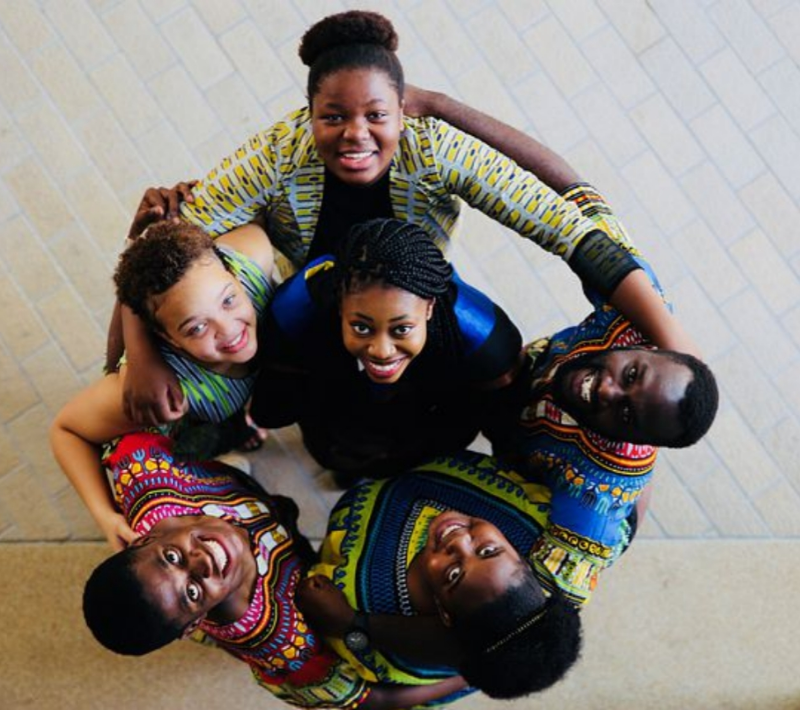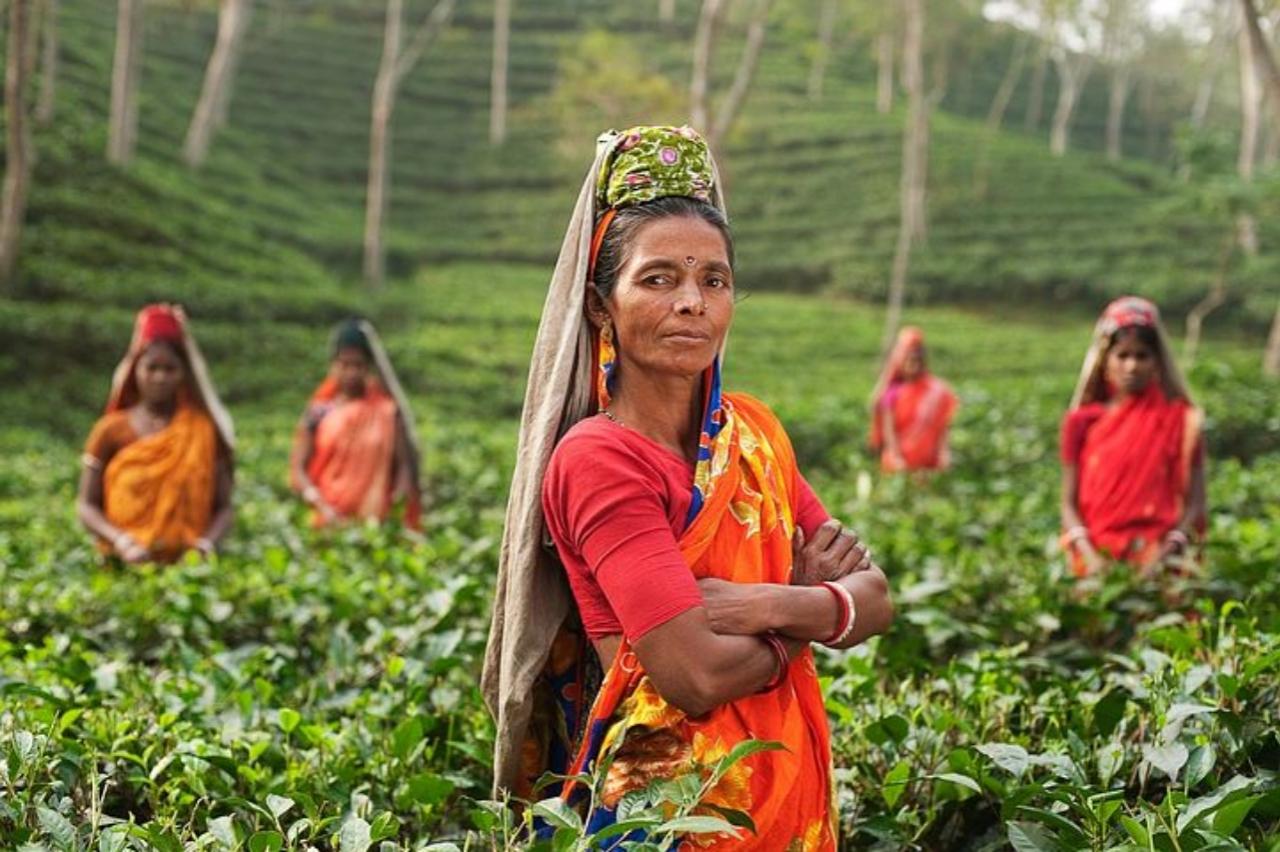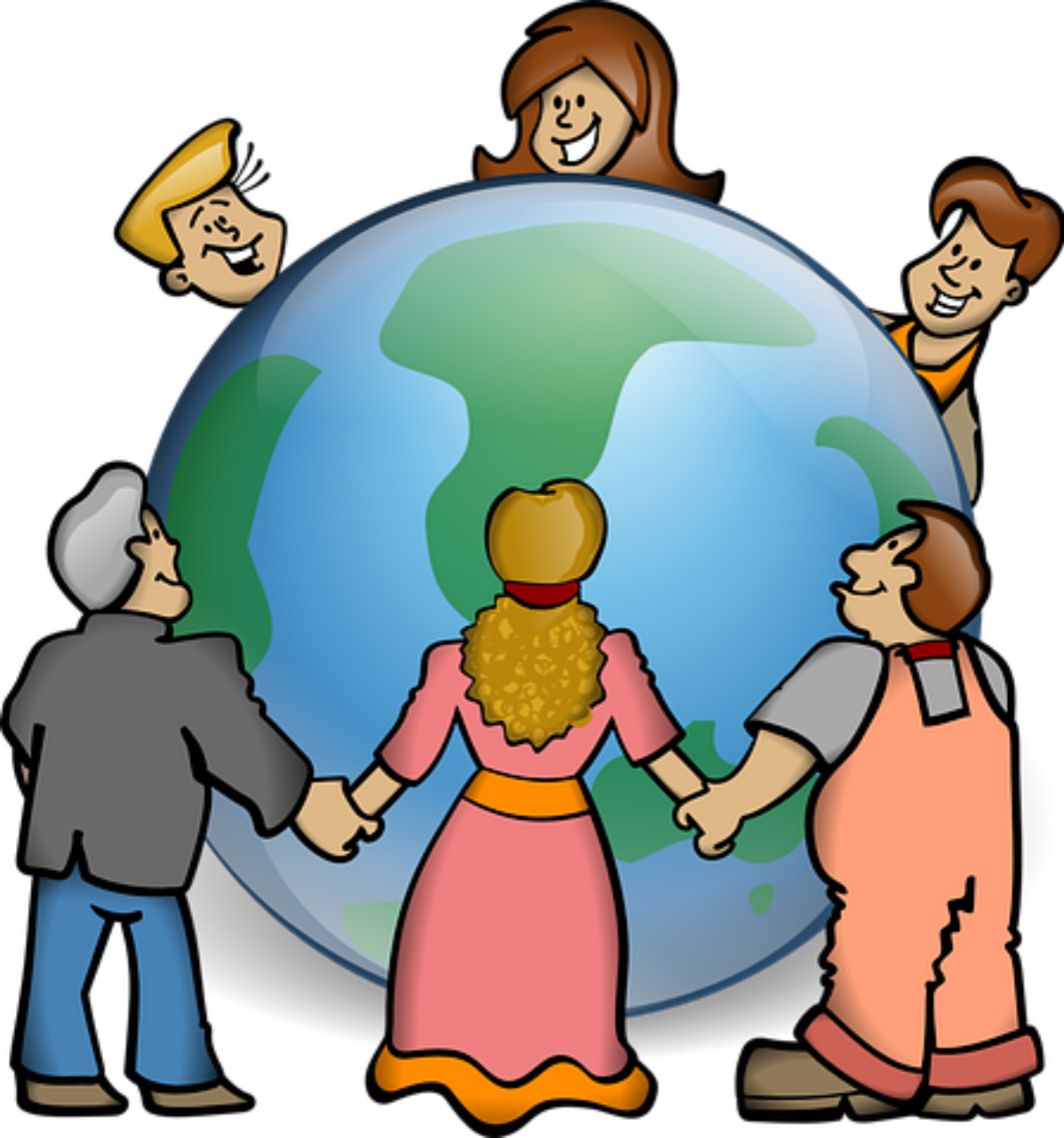International Mother Language Day 2020: “Languages Without Borders”

International Mother Language Day is an initiative of Bangladesh which was approved at the UNESCO General Conference in 1999. February 21st was the date set aside for this celebration and it has been observed throughout the world since 2000.
UNESCO is an acronym that stands for United Nations Educational, Scientific and Cultural Organization, which is an organization that believes in the importance of cultural and linguistic diversity for sustainable societies. Since her goal is to build peace in the minds of men and women, within such jurisdiction does preserving the differences in cultures and languages fall into; as it fosters tolerance and respect for others.
The International Mother Language Day 2020 theme is “languages without borders”. A message from the director-general of UNESCO exposes how this theme exposes the future of our languages i.e. their existence without restriction.
“By bringing their speakers closer together, by allowing them to flourish in a shared context, mother tongues generate social inclusion, innovation, and imagination. They also breathe life into cultural diversity and serve as instruments of peace”.
Audrey Azoulay, Director-General of UNESCO.
On international mother language day, the UNESCO and UN agencies participate in events that promote cultural and linguistic diversity.
The International mother language day theme of 2019 was ‘The Year of Indigenous Languages’. This was in order to raise awareness of them not only to its speakers but the world at large. This makes it an annual event with different themes.
Linguistic and Cultural Diversity

Diversity could refer to a mix and blend of different variations of a particular phenomenon. One interesting part of diversity to look at is linguistic diversity. Linguistic diversity is a way to talk about varied types of traits including language family, vocabulary and grammar. A more complex form of this diversity is the cultural-linguistic diversity.
Linguists argue that language and culture are interwoven. This relationship is such that both influence each other. This can be seen in the perceptions of the speakers under the concept of WORLDVIEW. Such diversity is what UNESCO sorts to preserve. Cultural diversities occur in a multilingual society. This implies that there should be at least two languages spoken in society for it to be both culturally and linguistically diversified.
The intricate relationship between language and culture can be seen as culture is preserved by language and language by culture. This may be seen in oral tradition, folklore, etc. passed on from generation to generation.
Why Celebrate Linguistic and Cultural Diversity?

Diversity, on the other hand, has its pros and cons. While some embrace its beauty, others are torn apart because of it. This is why it is important to celebrate our cultural and linguistic diversity. Such celebrations lead to awareness. Such awareness could foster peace, change a negative orientation and attitude towards cultural and linguistic diversity.
Primarily, we are identified by our culture and language, if we are not aware of them, then we do not know who we are. This may be one of the reasons why we have language death and extinctions. Many languages go into extinction because of a lack of native speakers, language documentation or even language shift.
If we know who we are and how important our language and culture is to our identity, then we would preserve them. If we are also aware of how we should appreciate the culture and language of others, then issues of racism and its likes will end.
Why Mother Language and not Father Language
The argument of what a mother tongue is has been one that linguists and non-linguists debate on. Basically, a mother tongue is usually the language that one learns first. Why mother tongue, is due to the notion that the mother speaks to the child in her own language and this may likely be the first language it comes across. So, tentatively, mother language houses all languages spoken by language speakers.
The concept of mother tongue has been compared to the first language, native language or even tribe. It is possible for one to have a mother tongue which is a language s/he is not a native of.
The concept of a father tongue is also being considered in linguistic studies. Such cases can only be fostered by a language policy that is enacted in the home. A proposal by Prof. L.C. Yuka was an Inclusiveness condition which is housed in a ‘No Language Left Behind Policy’. In which language policy and planning can begin even from the home.
Does Your Mother Tongue Affect Your Acquisition of Other Languages?
Yes, it does. You require some old information in order to decode new information. Hence, you make use of the knowledge of your mother tongue otherwise known as your L1 to acquire another language which is also known as your L2.
Thoughts on International Mother Language Day 2020 UNESCO may like to consider
In promoting peace amongst men and women via preserving language and culture, the organization has put in place certain resources and legal actions to achieve her aim. We suggest that she considers the following;
- Language documentation; this may include an affiliation with linguists and organizations such as ECOMORG in order to properly document and preserved language data
- Awareness programs which are not only subject to the annual celebration of mother languages
- Fostering language policies that preserve language rights by educating her member countries on how important language policies are
- Providing new instrumentalities of which language, culture teaching, and learning can be improved
- In order to have languages without borders, provisions for language translations and translators will be needed.
Language is our most powerful tool until we can learn to harness and maximize it then we are oblivious to the ultimate power it yields. If we are to preserve language and culture, we must, first of all, know who we are and appreciate it. Your language and culture is YOU
Happy International Mother Language Day!
All images are sponsored by pixabay.
Train is a female editor and writer at Afrolady International concepts. With knowledge of Linguistics and a love for languages, She objectively edits and writes contents in order to preserve cultural backgrounds, heritage, worldviews and mother tongues. She is bold and unique.

